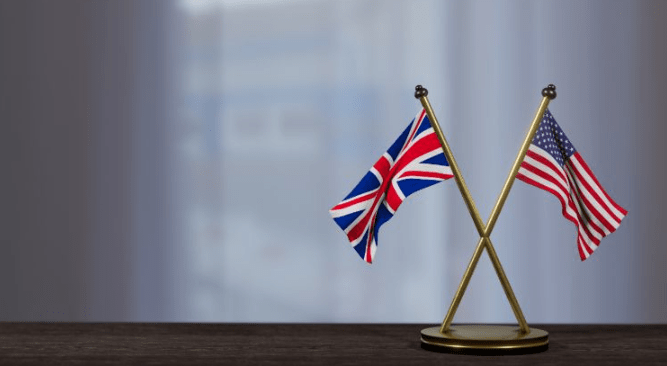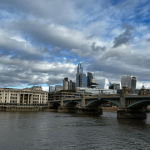British officials have refrained from denying that a trade agreement with the United States could involve concessions on agricultural imports, raising concerns over the potential impact on domestic farming.
The US is expected to announce a fresh wave of reciprocal tariffs on Wednesday, a move dubbed “Liberation Day” by President Donald Trump.
Reports from The Times suggest a trade deal between the UK and US is close to being finalised, potentially including reduced tariffs on American meat exports such as beef and chicken.
A report from POLITICO states that two British government officials declined to dismiss the possibility of such agricultural concessions. Despite ongoing negotiations, hopes have dimmed that the UK will secure exemptions before the US tariffs come into force.
Although the UK government continues to prioritise food standards in talks, granting wider market access to American meat producers could worsen tensions with British farmers. Many in the sector are already frustrated by recent changes to the tax system, and fear further strain if US meat enters the market with fewer trade barriers.
Trade Secretary Jonathan Reynolds reiterated the UK’s firm stance on food safety during an interview with Times Radio on Tuesday, saying, “That’s a really important area and [one] we wouldn’t be able to negotiate on and the U.S. understands that position as do other countries. So of course there’s a set of things you talk about and some things that you can’t. I absolutely believe an agreement is possible with the U.S.”
Britain is also in the midst of trade negotiations with the European Union, which could restrict any lowering of food standards, making it more complicated to reach agreements elsewhere.
However, Reynolds hinted that certain other issues could be more flexible in negotiations, including the UK’s digital services tax. He described it as a “temporary imposition in lieu of a wider international agreement,” suggesting it could be adjusted as part of a broader deal with Washington.
No Deadline, Despite Imminent Tariffs
Reynolds acknowledged that the expected US tariffs would likely affect the UK before a deal could be finalised.
“I believe from where we are at the minute, the president wants this ‘Liberation Day’ tomorrow to apply to every country in the world and there’ll be no exemptions on that first day towards that. If any country is able to reach an agreement with the U.S., I don’t believe there’s a country better placed than the U.K. because of the work that we have been doing,” he said.
Despite the looming tariffs, Reynolds made clear that the UK would not abandon talks, stressing that April 2 was not a firm deadline.
“If they take action tomorrow, that is not a reason to walk away from the potential to secure an agreement.”
He also noted that concerns over free speech had not been a key issue in discussions with the US Commerce Department or the Office of the US Trade Representative.
These remarks follow comments made by US Vice President JD Vance during Prime Minister Keir Starmer’s recent trip to Washington. Vance criticised European nations, including the UK, for what he called “Infringements on free speech… which also affect American technology companies and, by extension, American citizens.”
As negotiations progress, attention remains focused on whether the UK can strike a deal that maintains its food safety standards while avoiding a damaging escalation in trade tensions.






